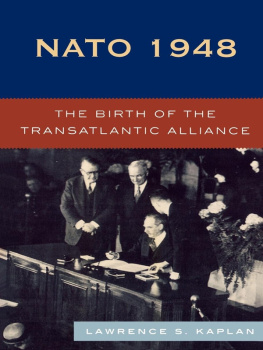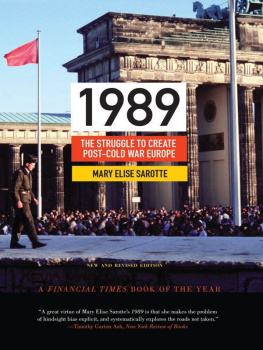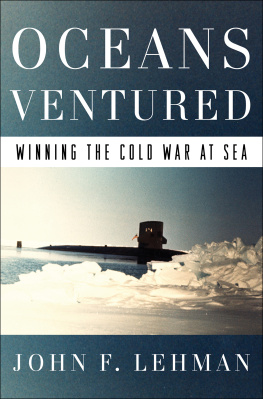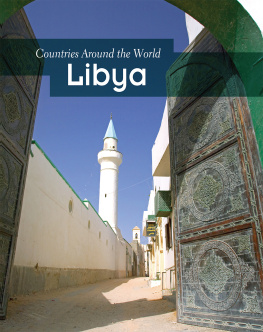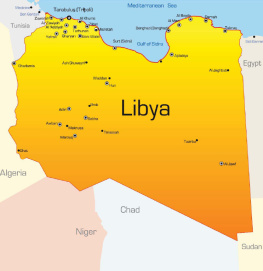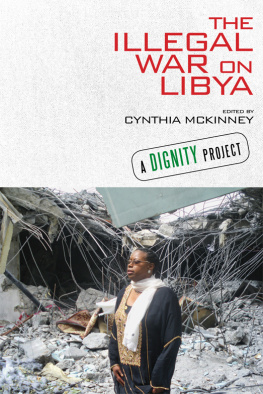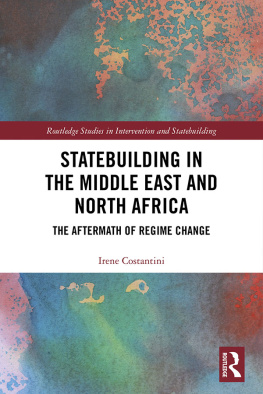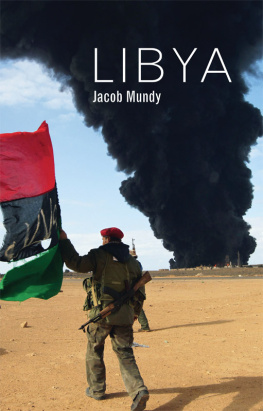. Indeed, one account, based on the words of an unnamed European diplomat in Tripoli, was that when Gaddafi chose to relocate many government offices from Tripoli to Sirte, numerous high-ranking officials balked: One morning, the prime minister drove to his office in Tripoli, only to find it a pile of rubble. Frustrated by the refusal, Gaddafi apparently ordered direct action and had the office bulldozed (Timmerman, 2004, p. 21).
. The promise and strategy identified and advocated by diplomats such as Nicholas Burns (2008/10/24), was never to come to life under Obama, and Libya was the first to get a clear sense that the U.S. under Obama would not offer any positive change, and indeed, offered much worse.
. That the U.S. Embassy had to rely on a Reuters article for its report might occasion some interesting speculation of the barriers U.S. diplomats faced in getting information directly from the Libyan government itself.
. One can find such arguments embedded in a range of electronic media, including many of those who asserted their opposition to NATOs intervention in Libya. A few examples include the now apparently defunct Yansoon blog (Shirien, 2011/8/23), Phyllis Bennis at the Institute for Policy Studies (Democracy Now, 2011/4/19), and Akuetteh (2011/9/22). Veterans Today, which supported NATOs intervention, produced an exceptionally bizarre article, that while ostensibly seeking to challenge conspiracy theories, produced a preposterous and wholly unsupported one of its own: that Gaddafi was actually backed by Israel, and that Israel had armies of African mercenaries which it sent to Libya to defend Gaddafi which in itself is an interesting convergence of opinion between a Western militarist and some of Gaddafis most extreme Islamist opponents (see Duff, 2011/3/21).
. Putin made his statement in Russian. There is another translation of his words that read as follows: They attacked his column. Then using the radio through the special forces, who should not have been there they brought in the so-called opposition and fighters, and killed him without court or investigation (AFP, 2011/12/15).
. Other videos that showed the foreign troops in slower motion and in closer detail have either been deleted by YouTube itself, or the accounts that uploaded them have been shut down.
. However, El Obeidi also implicated Syria, in the act of providing NATO with the number for Gaddafis satellite phone. We might take these reports with a grain of salt: NATO would not have needed a phone number in order to track the satellite phone communications emanating from Sirte. What is more likely, given that at least two different sources affirm this, is that NATO tracked Gaddafi, set up an ambush, and directed Libyan insurgents to the spot where NATO aircraft had bombed his convoy to a stop. It is also not unlikely that foreign agents were indeed among those capturing Gaddafi.
.
.
. The commentary in the Sunday Mail (2012/3/5) is especially caustic, in ways that were previously reserved for speaking about Gaddafi, but now with some remorse: The cemetery had remained inviolate through all the long years of enmity between Britain and the Gaddafi regime. But things are different in the new Libya. Then the papers editors proceeded to draw several uncomfortable conclusions again, too late such as: Libya after the fall of Gaddafi is a lawless and ungovernable place where horrible actions can be done with impunity by those who have enough guns. The second is that there is no gratitude among many of those we have helped. The third is that those who warned that we did not know or care enough who we were aiding have now been vindicated in the most spectacular and gruesome way.our leaders, and our media, should cease to be so simple-mindedly enthusiastic about endorsing every revolutionary movement that appears in the Arab world. Tyrants are bad, but their opponents are not necessarily any better. Indeed, sobriety that came too late to the pages of the UK corporate media.
. In 1994, a draft foreign policy plan of the ANC, soon to form the government, established South African opposition to a U.S.-led New World Order, and explicitly criticized the UN for being undemocratic as well as condemning the work of international development agencies in continuing to keep Africa in poverty (AP, 1994/2/19).
/.
.
.
.
.
.
. Following Gaddafis overthrow, the Asantehene, Otumfuo Osei Tutu II, was nominated to replace Gaddafi, as the next chairman of the Kings and Sultans of Africa Forum. The decision was taken at a meeting in Nairobi in October 2011. The forum was created by Gaddafi, with the sole goal of pushing for Africa unity, leading to the formation of United States of Africa, and Gaddafi was the first and life chairman of the group. The Forum, with traditional leaders such as King Monogo of Congo Brazzavile, Queen Best ofUganda, Kin Chikaya of Congo, King Bagidi of Benin and King Agokoli, Tokoli, took the decision at a crisis meeting. Some members of the Ghana National House of Chiefs also were active members of the Forum, which usually meets on the symbolically important date of September 9 each year (Awuah, 2011/12/13).
. Jean Ping can hardly be considered a reliable friend of Gaddafi. Ping is Gabonese, and Gabon voted for military intervention at the UN, in violation of the AU charter. Ping was a former Minister of Foreign Affairs for Gabon, and held various ministerial portfolios throughout his career, and is obviously well connected to Gabons political leadership. In the next chapter more is presented on the controversy surrounding Ping, and his unseating at the AU.
/
.
.
/.
. There is some dispute about what the actual catalyst was for the start of the riots, many stories blaming one seemingly trivial event or another. Not trivial are the disputes over the numbers of Africans murdered, which can range from around 50 to several hundred or more.
.
.
. While not exhaustive, the following is a list of the cables which raise these issues in a prominent manner: USET, 2008/5/8, 2008/12/31, 2009/3/5, 2009/3/18, 2009/4/17, 2009/5/18, 2009/7/21, 2009/8/19, 2009/10/12, 2009/11/2, 2009/12/14, 2009/2/18, 2009/5/3.
.
.
.
.
/.
.
.
.
.
.
.
.
.
.
. Hashem resigned in protest at Al Jazeeras heavily slanted agenda and the excessive degree to which the Qatari regime, which deployed forces against Libya and funded the rebels, was taking control of the news reporting agenda.
.
The response noted comes at around the 5 minute mark.
around the 6:40 mark.
.
.
.
.
. For a sample of the range of writings that dealt with the extended militarization of NATO states foreign policies, the call for increased or maintained military spending, and the demand created for new generation fighters, see: Brewster, 2012/9/9; Bromund & Gardiner, 2011/4/19; BT, 2011/2/8; Emgler; 2011/3/28; Erlanger, 2011/10/5; FT, 2011/8/23; Gardner, 2011/3/25; Harding, 2011/3/28; Pincus, 2011/3/23; and, RGJ, 2011/3/13.
.
.
. There is a naming controversy around how some attach the label Wahabi to the Salafis the details go beyond the scope of this book, suffice it to say to the reader that Wahabi is another name for Salafi, but one that Salafis themselves normally reject.
.
. My many thanks to Brendan Stone, host of CFMU 93.3 FM, Unusual Sources, for bringing this quote to my attention.
. I received data compiled by the survey, along with two written reports and two PowerPoint presentations, from the British authors of the report.


